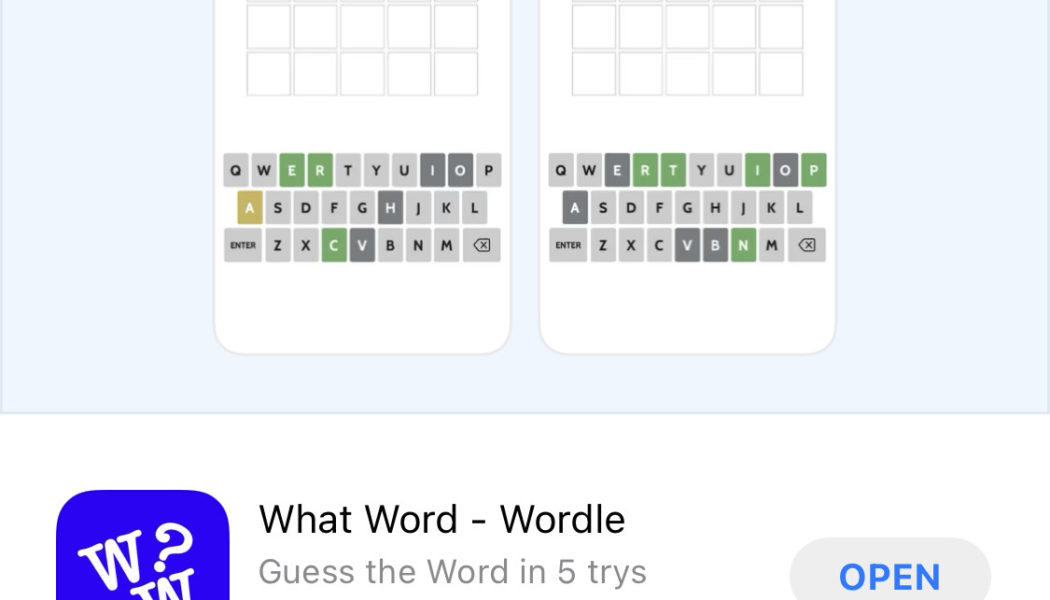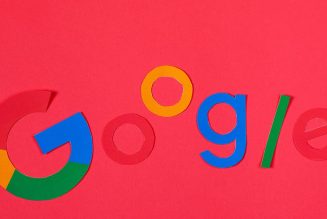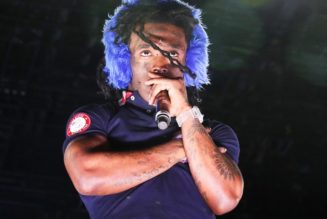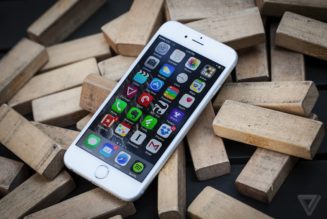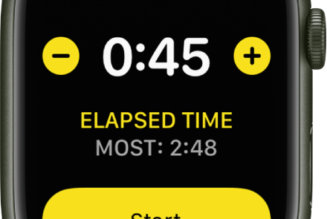Has Apple taken action against apps that cloned the popular web game Wordle? They have now disappeared from the App Store, after several publications (including The Verge) called out a flood of copycats so blatant as to be named “Wordle” and that featured the same gameplay and UI, each taking advantage of the fact that developer Josh Wardle didn’t create an Apple app of his own. While we’re still seeing a few clones on the App Store, they don’t use the Wordle name.
The clone apps had a spotlight shone on them today, when one developer started bragging about how many downloads his version of Wordle was getting. Following some intense backlash from the community, he set his account to private, but people had already started finding many other apps like it on the App Store.
:no_upscale()/cdn.vox-cdn.com/uploads/chorus_asset/file/23162051/IMG_3661.PNG)
:no_upscale()/cdn.vox-cdn.com/uploads/chorus_asset/file/23162334/IMG_3666.PNG)
Apple didn’t immediately respond to The Verge’s request for confirmation that it was the one that took action against the Wordle-alikes, but it seems vanishingly unlikely that each developer decided to take down their app in the space of about an hour. If Apple really is initiating a crackdown on the apps, it’s tipping the scales significantly to protect the original game.
While there have been similar high-profile situations in the past — as Protocol points out, Flappy Bird and Threes vs 2048 come to mind — it’s hard to think of a recent example where Apple stepped in as heavily as it seems to have done today. Apple does have language about copycats in its developer guidelines, but it’s notably vague: “Come up with your own ideas,” section 4.1 reads. “Don’t simply copy the latest popular app on the App Store, or make some minor changes to another app’s name or UI and pass it off as your own.”
There have been questions about how Apple would deal with blatant clones, as it’s seemingly let things slide in some instances. With disappearance of the Wordle-alikes from the App Store, we may have gotten a precedent for how similar is too similar.
